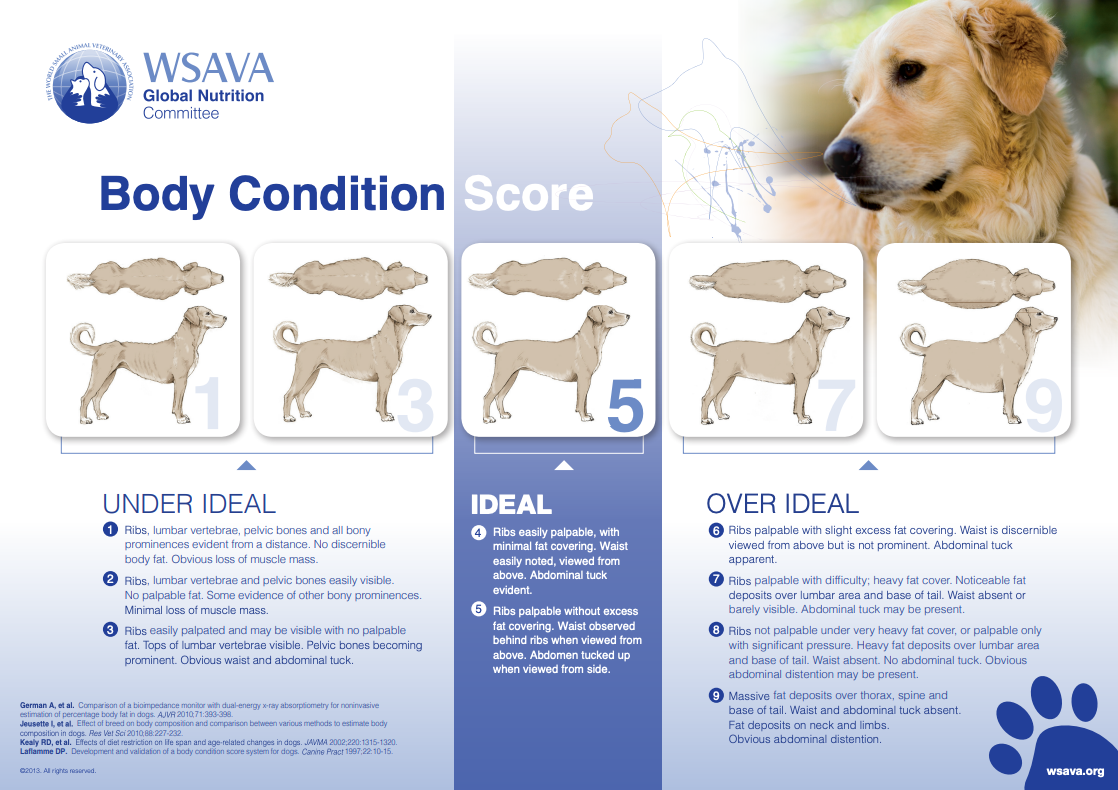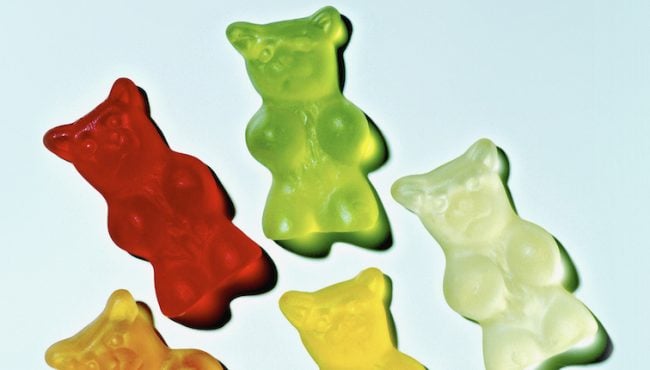
Fenugreek: What if your dog smells like maple syrup
Excessive barking: What to do when your dog is too vocal
5 questions to ask when feeding a puppy
Congratulations on getting a puppy! We are sure this is the cutest little thing ever. Having a puppy is an exciting time and the two of you will form a very strong and special bond. But there’s still a lot to do, and you’re sure to keep them healthy and happy.
One question you might ask yourself is, “How do I feed this little thing?” This is an important question because the answer can be a bit complicated.
What should I feed them?
The dietary needs of puppies are very different from those of adult dogs. One of the reasons is that they must be able to grow from puppies to adults in a relatively short period of time, while also remaining healthy. They are also prone to nutritional imbalance due to overnutrition or deficiency or imbalance in nutrient ratios.
Without proper nutritional balance, your puppy will have a higher chance of developing orthopedic diseases, obesity, diabetes, heart disease, skin problems, and more.
Make sure you use a complete and balanced diet that meets the nutritional needs of all AAFCO puppies. This will facilitate their basic initial growth and development.
Fiber is especially important in a puppy’s diet. Fiber helps promote gut health and a healthy microbiome by providing energy to intestinal cells (colon cells), promoting the growth of beneficial bacteria, and supporting overall health and well-being.

Stay’s Turkey with Spinach recipes, while suitable for dogs of all ages, are designed and approved for puppy growth. These are just some of the healthy foods that can help them grow into healthy adults:
- Turkey meat and offal
– They contain a lot of well-balanced muscle tissue and fat, which helps to achieve the right nutritional balance.
- cod liver oil
– Studies have shown that it contributes to the normal development of the brain and eyes and is rich in polyunsaturated fatty acids.
- spinach
– This contains essential minerals and vitamins that studies have shown to boost immunity and maintain a strong and healthy body.
- Fenugreek seeds
– Studies have shown that they are rich in antioxidants and dietary fiber, which improves digestion and helps eliminate toxins from the body.
- sunflower seed
– These are excellent sources of nutrition, and studies have shown that they help protect cell membranes and support blood cells and tissues.
How much should they eat?
Your puppy needs to gain weight at a proper rate, not too fast. For most, but not all, puppies, simply follow the feeding instructions. Your puppy’s dietary portion also needs to be adjusted according to their weight, age, and growth rate.
You can often see for yourself if your puppy is gaining weight at the right rate and make sure they are not underweight or overweight. The ideal weight is a score between 4-5 on a 9-point scale on the Physical Condition Score (BCS).

Can I give them snacks?
Yes! Treats play an important role in bonding with your puppy (aka spoiled, because they deserve it!). ), and very helpful for training. But most are usually fat and high in calories, which makes it easy to turn these snacks into an extra meal.
Regardless of your puppy’s situation, treats should account for more than 10% of its total daily calorie intake.
How often should they eat?
According to the American Kennel Club (AKC), growing puppies need to be fed as follows:
- 6-12 weeks: about 4 times a day.
- 3-6 months: 3 times a day.
- 6-12 months: 2 times a day.
How long should they stay on puppy food?
It really depends on the breed of your puppy. Small dogs and large dogs have different nutritional needs, and puppies also have different nutritional needs.
According to the AKC, “Adult dogs weighing less than 20 pounds are considered small dogs. These puppies grow quickly and may reach adulthood by the time they are 9 months old. Large puppies (20 pounds and above) grow more slowly – it takes 15 to 24 months to reach full size and maturity. ”
For example, the diet of a large dog contains fewer calories and calcium than the diet of a small dog. This is because the bones of large dogs are more sensitive to excess calcium during growth. It is important to know that if the breed/body type of the puppy is completely balanced as an adult, calcium should not be added to the puppy’s diet.

If you’re reading this, now you know the basics of feeding a puppy. Puppies grow in a relatively short period of time, about a year, but they should gain weight at a decent rate, not too quickly. So feed them a diet approved for puppies.
While you can usually follow feeding instructions, for some puppies, it’s best to look at them and use the BCS system to assess their growth. If you have any questions about your puppy’s diet, growth rate, or medical problems, you should always consult your veterinarian.
Puppies are always super cute, so play with them!




